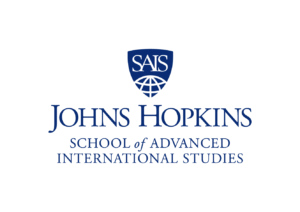Walking Blindfolded into the Abyss? Priorities for Brazil’s New President
The first round of Brazil’s presidential elections revealed the deep polarization that has engulfed and divided Brazil, and demonstrated how deeply Brazilians distrust and resent their governing authorities. The second round runoff pits the heavily favored Jair Bolsonaro, a far right candidate with tough law and order agenda, against leftist Fernando Haddad, supported by jailed former president Lula da Silva. The next president, inaugurated on January 1, will confront a crisis-ridden country that is just beginning to emerge, unsteadily, from a prolonged and damaging recession. Massive corruption continues to erode confidence in the nation’s institutions, and criminal violence pervades much of the country. As of January 1, 2019, Brazil will either be led by a far-right or a leftist leader. Either way, the new government will need to make major reforms across various sectors.
Join the Inter-American Dialogue and Johns Hopkins University School of Advanced International Studies for an in-depth discussion of where Brazil will head in 2019 and beyond.
Follow this event on Twitter at #BrazilianElections, @The_Dialogue, and @SAIS_LASP
Speakers
Monica de Bolle
Director, Latin American Studies Department, Johns Hopkins School of Advanced International Studies (@bollmdb)
Peter Hakim
President Emeritus and Senior Fellow, Inter-American Dialogue
Riordan Roett
Professor & Director Emeritus, JHU SAIS Latin American Studies
Matthew Taylor
Professor, American University School of International Service (@taylorlatam)
Clifford Young
President, Ipsos Public Affairs; Adjunct Professor, JHU SAIS (@CliffAYoung)
Moderator
Claudia Trevisan,
Correspondent, Estadao; MIPP Candidate, JHU SAIS (@claudianoseua)




















